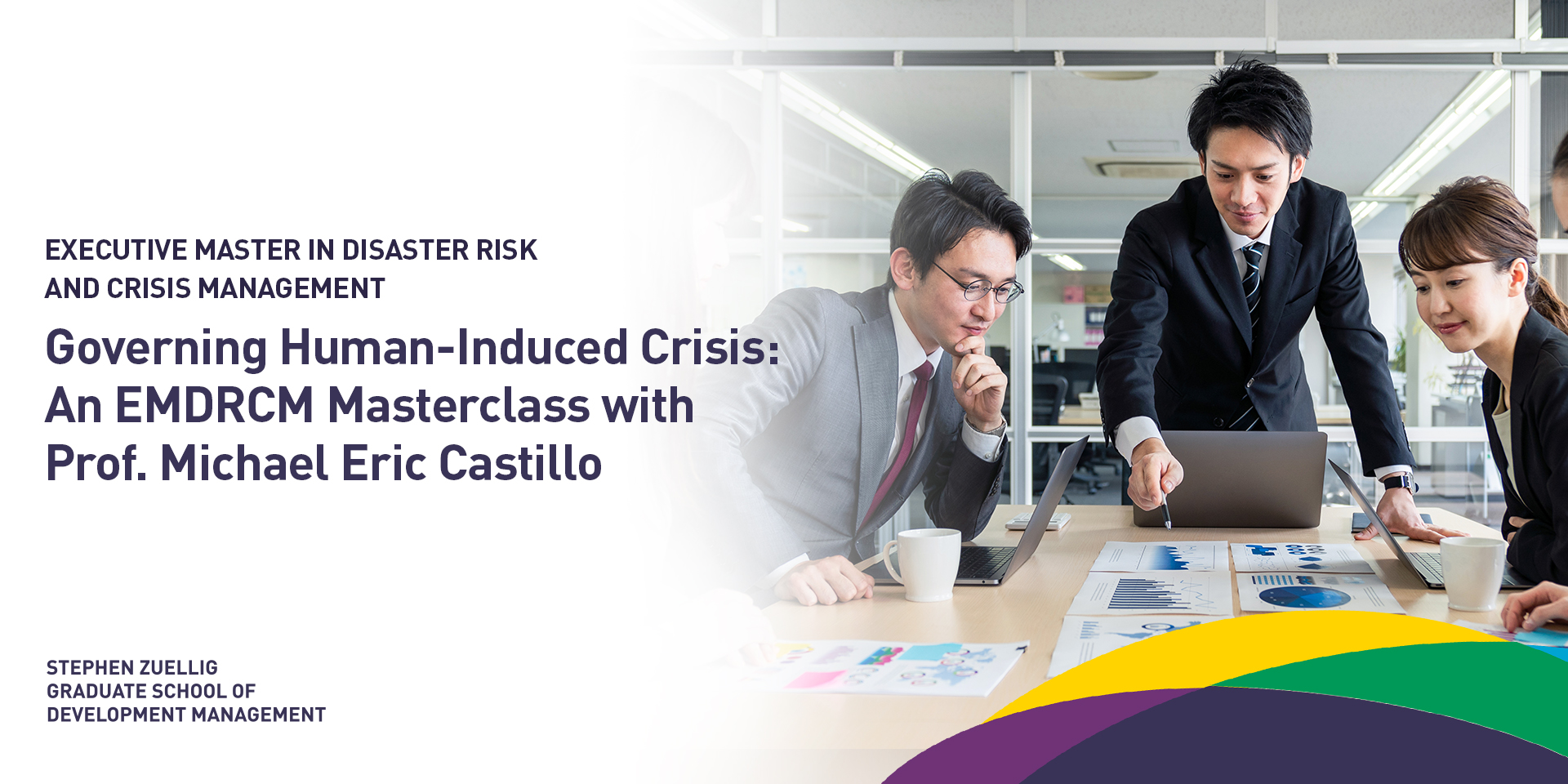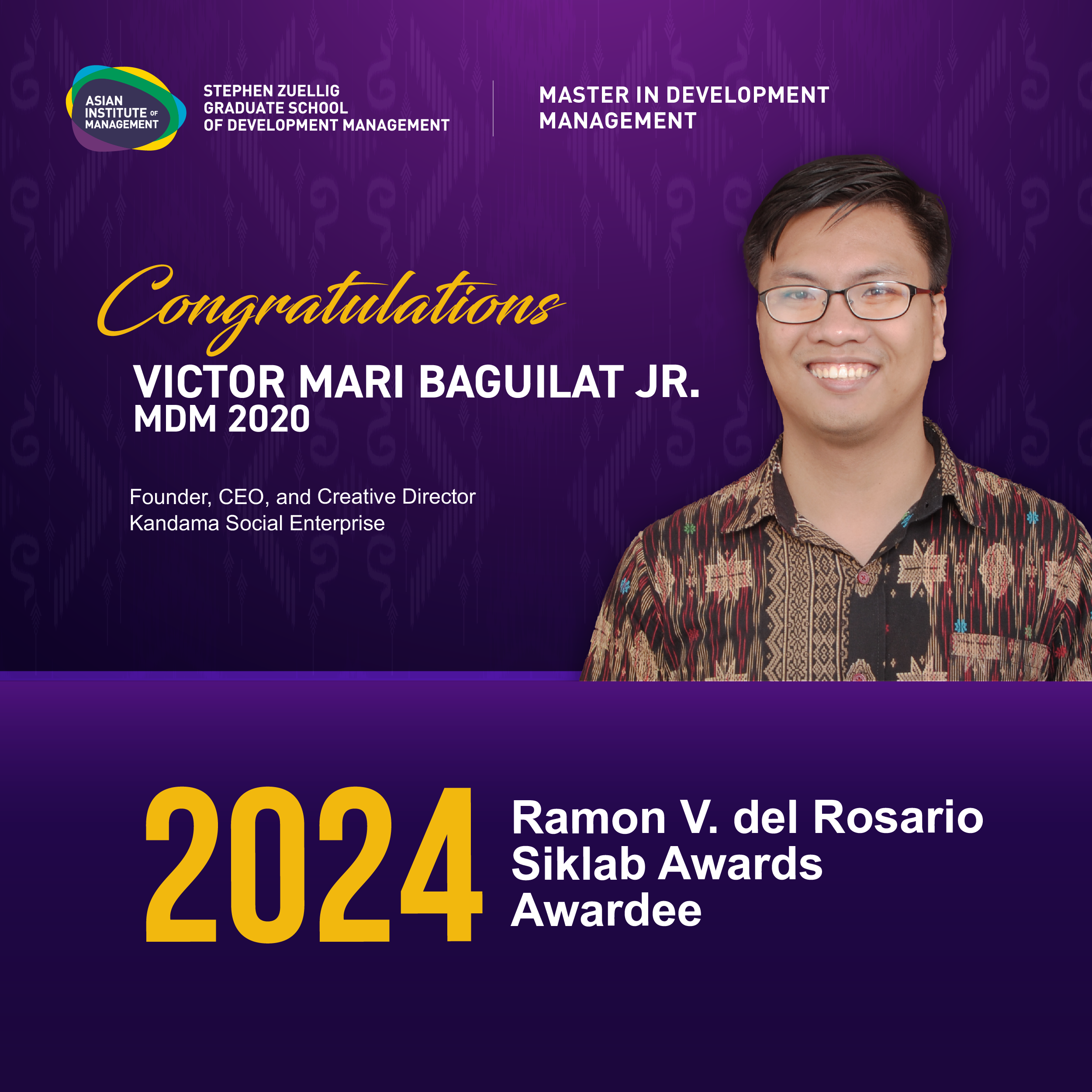Creating a crisis management plan can be tricky. This is mainly due to the myriad of risks involved that could affect a company’s reputation, and even impact the larger community. And for this reason, leaders should avoid procrastinating when it comes to crisis planning since it can do more harm than good.
A common misconception is that crisis management issues can be solved immediately, but truthfully, this will require a more tailor-fit approach from humanitarian actors—a wide network of organizations, agencies, and other inter-agency teams.
By being neutral, unbiased, and operationally independent, all these people working in the humanitarian sector play an important role in gaining access and acceptance from communities, allowing them to build support and aid the affected population.
Understanding the problem before creating a solution
Before developing a crisis management plan, knowing the common challenges in crisis communication is crucial. Because to improve, you need to acknowledge first the problems you are facing. This then will enable you to plan and implement the necessary changes to overcome the obstacles.
Here are some common challenges when it comes to crisis communications:
• Sharing too much information to the public, which ultimately overwhelms those affected, causing confusion and potential misinformation.
• Lack of transparency can also make crisis communication difficult. Without proper dispersion of information, affected communities may suffer, and lead to more complex issues that could ultimately worsen the problem.
• Improper storage of data can pose a huge threat when it comes to dealing with crisis management. Emergencies are incredibly time-sensitive and having the right data within reach is crucial.
• Not using the right technology can put your team at a disadvantage. Utilizing accessible and effective technological tools to streamline information dissemination should be a priority.
How to formulate solutions
When it comes to crisis management, education is key in creating effective and sustainable solutions.
To provide more context about crisis management, AIM organized an Executive Master in Disaster Risk and Crisis Management (EMDRCM) Masterclass last 25 June 2021, which was facilitated by Prof. Michael Eric Castillo, Adjunct Faculty of AIM and former Assistant Secretary for Plans and Programs of the Department of National Defense of the Philippines. Topics such as Traditional Security Risks and the difference between inter-state conflict and non-traditional security risks were discussed in-depth.
During the masterclass, the attendees were also given a better understanding of the dynamics behind managing a human-induced crisis—how to identify and explain the critical challenges that crisis managers face, how to overcome these obstacles, and recognize what are the essential attributes of a crisis leader should possess.
If you would like to know more about EMDRCM, please click here or get in touch with our Recruitment and Admissions Team via emdrcm@aim.edu or +63908 872 2582.






